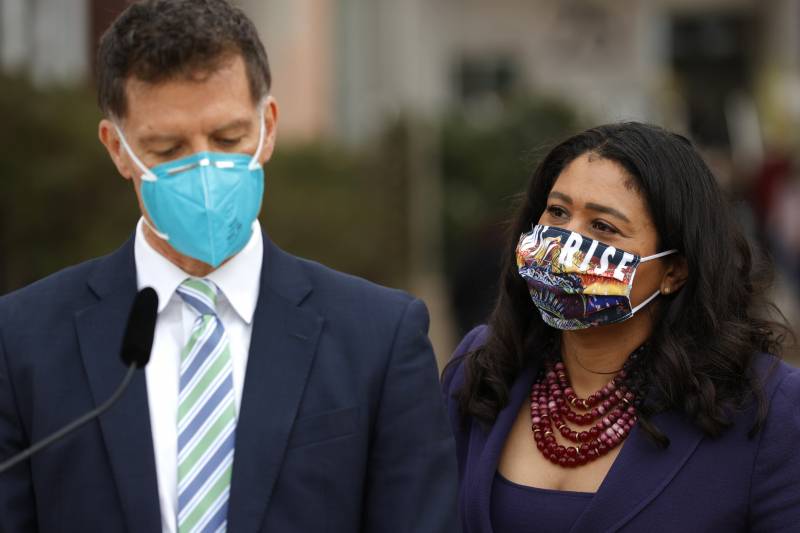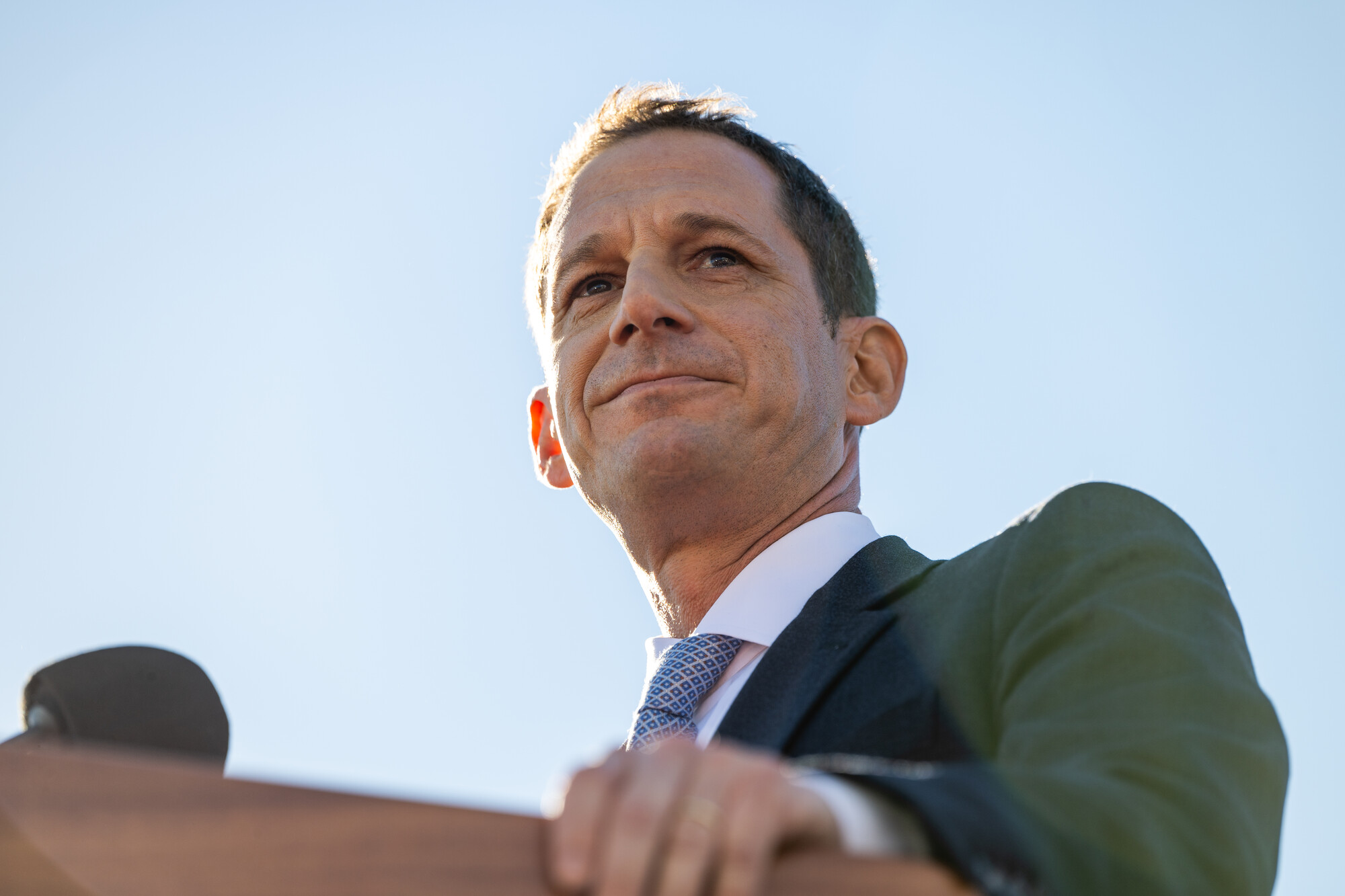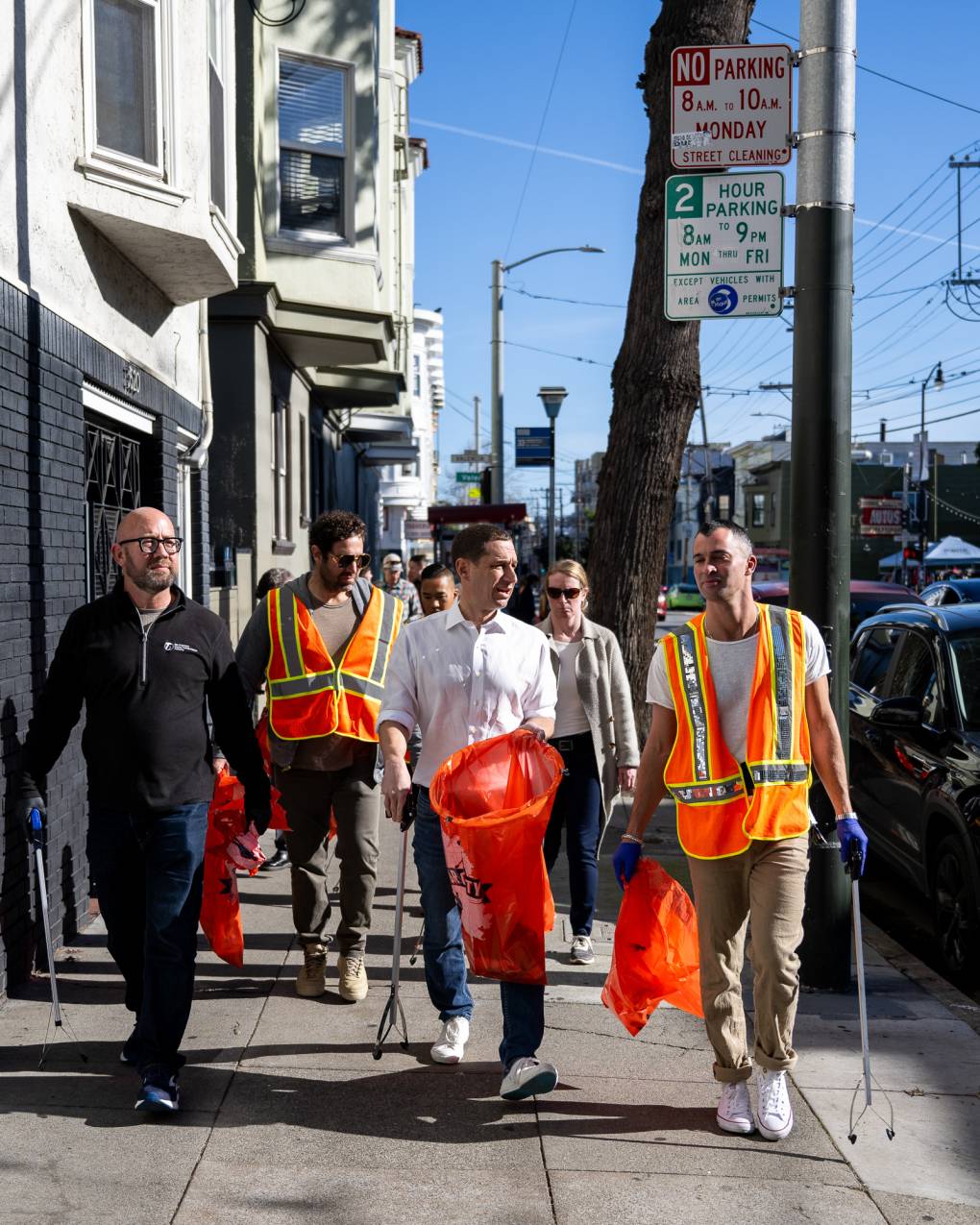In the last year, admissions to substance use residential treatment admissions have increased 35%, and both methadone starts and buprenorphine prescriptions are up 39% and 52%, respectively, in 2024 compared with 2023, according to the Department of Public Health.
More issues arose when San Francisco had to nearly close its largest public hospital, Laguna Honda, after on-site overdoses triggered inspections that the facility failed to pass. City leaders, including those in Washington, D.C., like Speaker Emerita Nancy Pelosi, rallied alongside Colfax to get the hospital, which has since been recertified, back on track.
“Dr. Colfax is an extraordinary public health leader,” Pelosi said in a statement. “From our city’s COVID response, to saving Laguna Honda hospital, to expanding primary care and treatment for substance use disorders, Dr. Colfax has led with a data driven, community-centered focus that benefits all San Franciscans.”
Despite those efforts, San Franciscans continued to see tragedy in their streets stemming from the overdose epidemic, though there were roughly 20% fewer overdose deaths last year than in 2023.
In November, voters elected Lurie after he campaigned on a message to bring change and accountability to City Hall. Now in office, Lurie has started releasing plans for how the city can more quickly set up emergency shelters and behavioral health beds.
So far, that’s involved asking the Board of Supervisors to remove certain bureaucratic requirements to speed up city contracts and permitting, and to waive rules around accepting private donations for services directly responding to overdoses, drug dealing and homelessness.
“We have accomplished much in the past six years, and there is no doubt that the dedicated, hard-working and compassionate staff at DPH will continue to deliver for San Francisco,” Colfax said.



